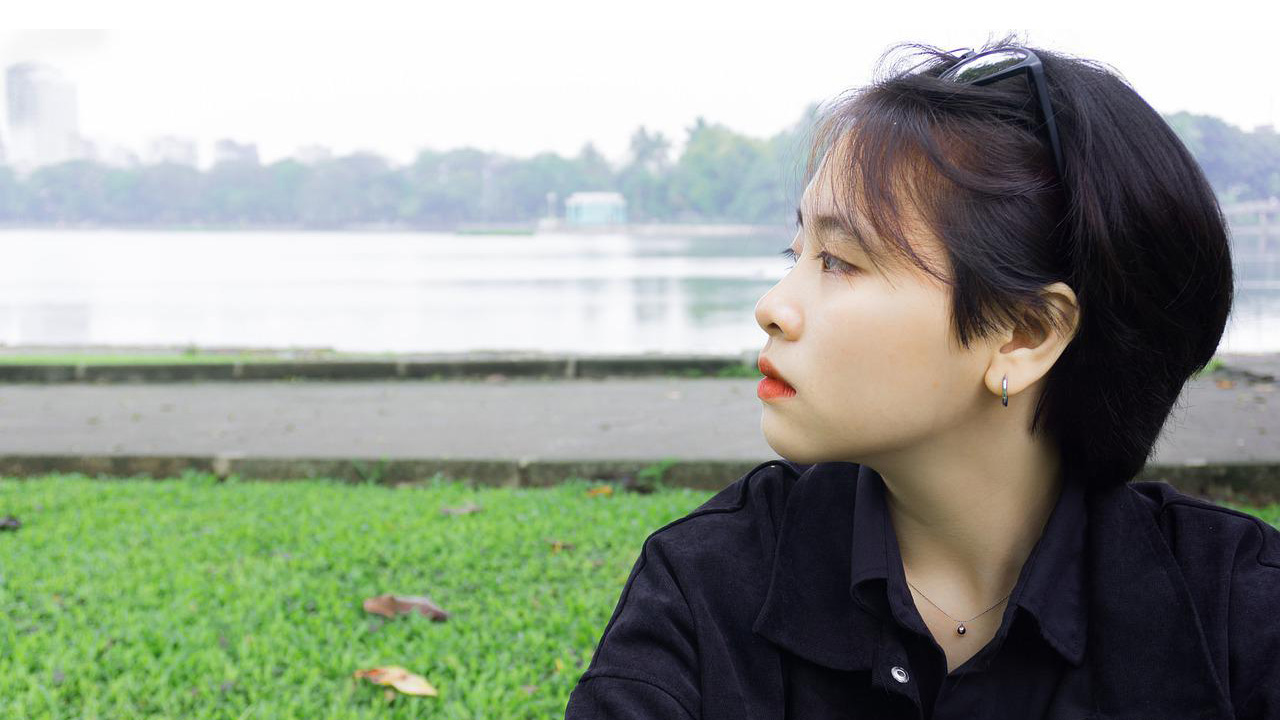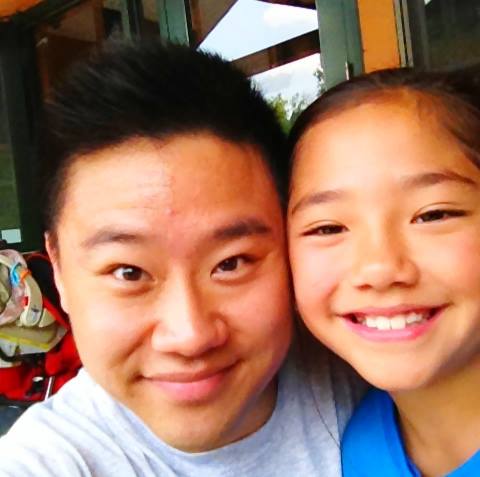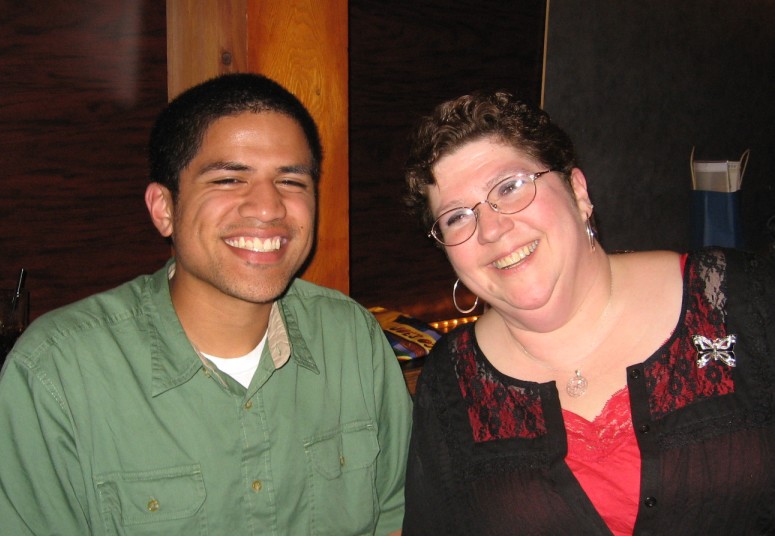Holt’s Director of Post Adoption Services, Sunday Silver, counsels hundreds of adoptive parents each year, and one of the most common myths she works to dispel is that birth parents won’t be involved in an international adoption. As she discusses below, birth parents will always be an important part of every adoptee’s life.
The prospective adoptive parents came to the social worker’s office to begin their homestudy interviews. Their social worker began with introductions and discussion on what country programs might be the best fit for them. She mentions several country options, including domestic adoption. When the social worker began discussing the process to adopt domestically, the parents were insistent that they only wanted an international adoption. They worried about what a relationship with a birth mother or birth father might look like. The adoptive mother stated that she could never understand how anyone could give up a child and would have a hard time meeting with a woman who would do so. They felt it was best to adopt internationally so they wouldn’t have to “deal with the birth mother.”
This story is a culmination of many situations I have encountered over the years. While it may seem insensitive in writing, this scenario is fairly common, especially when I first started working with adoptive parents in the mid 1990s. Since then, things have changed and adoptive parents are better at acknowledging the importance of the birth parents in their child’s life. However, I am still surprised at how many prospective adoptive parents still adopt internationally thinking they can avoid “dealing with birth parents.”
The reality is that internationally adopted children and adoptive parents will both be intimately intertwined with birth parents for their entire lives. Whether the birth parents are known or unknown, they will always be a part of the child’s life in one way or another. Adoptees do and will think of their birth parents. In my experience, most adoptees struggle when they don’t understand the circumstances of their relinquishment or abandonment. They are left with many questions.
The reality is that internationally adopted children and adoptive parents will both be intimately intertwined with birth parents for their entire lives. Whether the birth parents are known or unknown, they will always be a part of the child’s life in one way or another.
But, adoptive parents can help their child through these questions and grief. The more an adoptive parent knows about their child’s birth parents and can share with their child, the better. For some countries, where children are simply listed as “abandoned,” finding robust information about a child’s birth parents is of course more difficult. Sometimes, there isn’t information to share. This doesn’t mean the child will not ask or have a desire to search some day. Nor does it always mean that a search isn’t possible.
I can say without a shadow of a doubt that the birth mother also thinks of their child every single day, whether they have relinquished or abandoned their child. I have been fortunate to be a part of reunions with adult adoptees and their birth mothers both domestically and internationally, including cases where the birth mother was not known at the time of the adoption. Yet, birth parents almost always know exactly where their child went after they left them at an orphanage or police station. In most cases where the child is listed as abandoned, the child is abandoned at a public place to ensure, with love, that someone will care for that child. Often, birth parents live for years wondering how their child is doing. One thing is certain: they do not make the decision to relinquish or abandon their child lightly.
I can say without a shadow of a doubt that the birth mother also thinks of their child every single day, whether they have relinquished or abandoned their child.
What adoptive parents (and potential adoptive parents) need to know is the answer to the question “How can someone give up their child?”
The answer is this: Not without a lot of pain and self-sacrifice. They do so because they believe it is what is best for their child. They do so because they know there are parents out there who can provide a better life for their child. These birth mothers, whether known or unknown, have given the adoptive parents the greatest gift they can give — their trust that they will love, provide and care for the child because their circumstances did not allow them to parent.
And here is what you can do in return: Never assume that birth parents can or should be ignored. They deserve all the respect and honor we can give them because they loved their child enough to inflict upon themselves the worst possible pain imaginable. They will forever be a part of your child’s life. Be open with your child in talking about their birth parents. Learn what you can, so you can pass that knowledge to your child. Have open and honest conversations with your child, and understand that he or she may often feel sad or confused by the loss they experienced — often, while simultaneously loving you to the ends of the earth.
Adoption isn’t simple. It’s a place of redemption birthed in pain. But, if we acknowledge all parties, we can create a more just system for children, for birth parents and for adoptive parents.


